Innover pour réduire les déchets
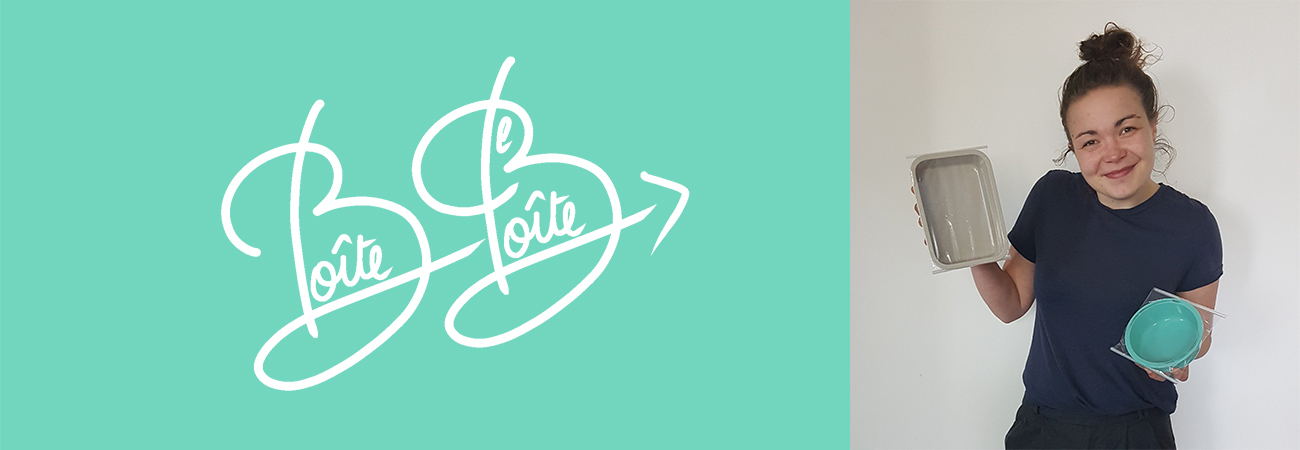
A peine son diplôme d’ingénieure Arts et Métiers en poche, Romane Pawlaczyk (Li216) s’est lancée dans un projet entrepreneurial innovant et à impact environnemental.
L'évaluation des impacts environnementaux de la 5G

Josua Guerid est diplômé depuis fin 2020 du Mastère Spécialisé® Manager du Changement et de l’Innovation Durable.
L'hydrogène comme source de décarbonisation : retour sur le projet des étudiants du campus de Bordeaux-Talence
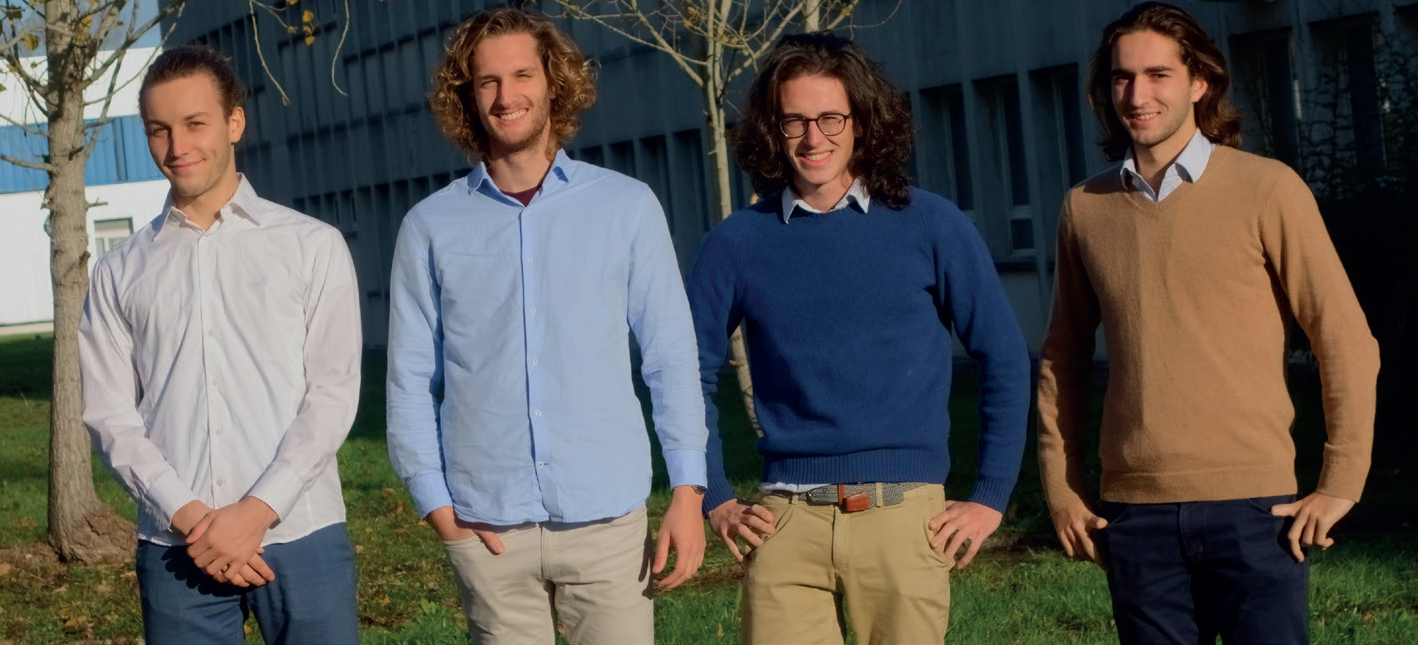
Lors de la cérémonie Arts et Métiers pour la Transition Énergétique (CAMTE) organisée par le Comité des Fêtes de l’Union des Élèves, une équipe d'étudiants du Programme Grande Ecole du campus de Bordeaux-Talence ont reçu une mention spéciale pour leur projet "Hydrogène, comme un air de décarbonisation&
« L’opportunité de créer ce qu’on a imaginé ! »
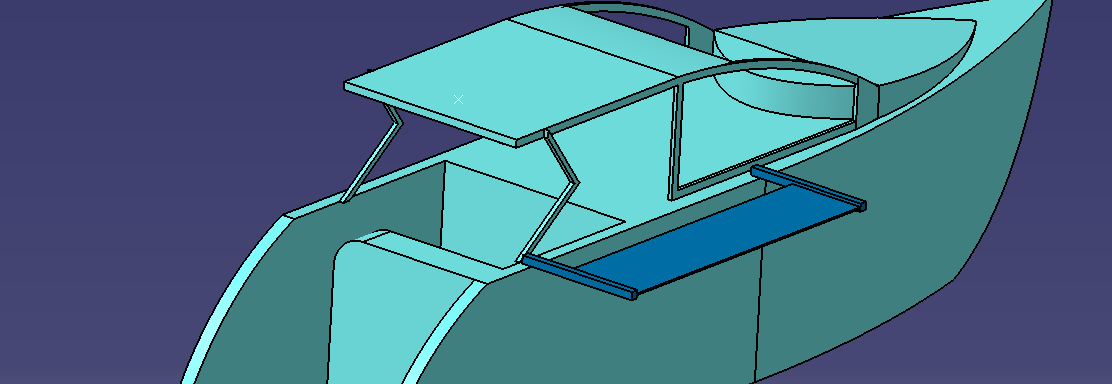
En plus de sa formation d’ingénieur Arts et Métiers, Pierre Aboucaya s’est lancé dans un projet d’innovation technologique : Proposer aux bateaux de plaisance une place supplémentaire, suspendue sur l’eau.
Le développement durable au cœur de la formation !
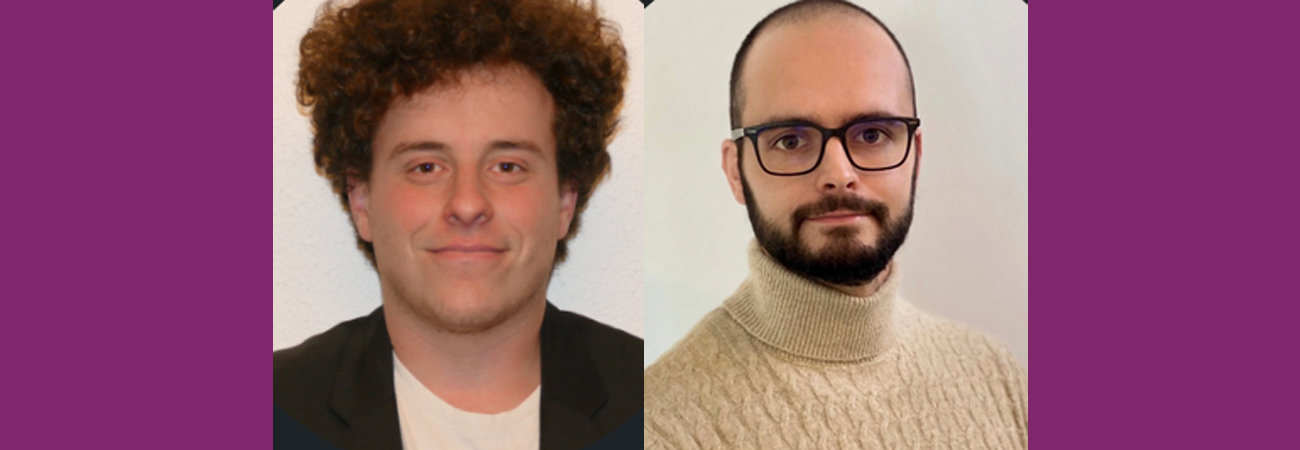
Le développement durable est aussi cœur de la formation notamment à travers des projets d'expertise (PJE), voici un exemple concret !
18 projets Arts et Métiers sélectionnés pour France Relance !
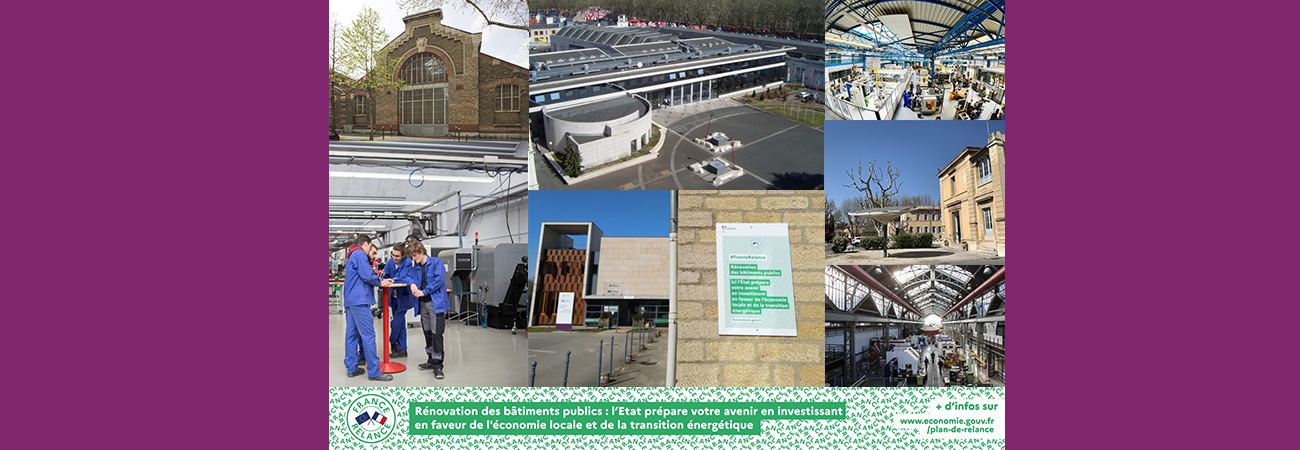
Arts et Métiers intègre le développement durable dans son fonctionnement grâce notamment à France Relance, un plan de relance exceptionnel lancé par le Gouvernement !
Un ingénieur Arts et Métiers relève le défi d’implanter un système de valorisation de déchets dans deux conteneurs de marine marchande
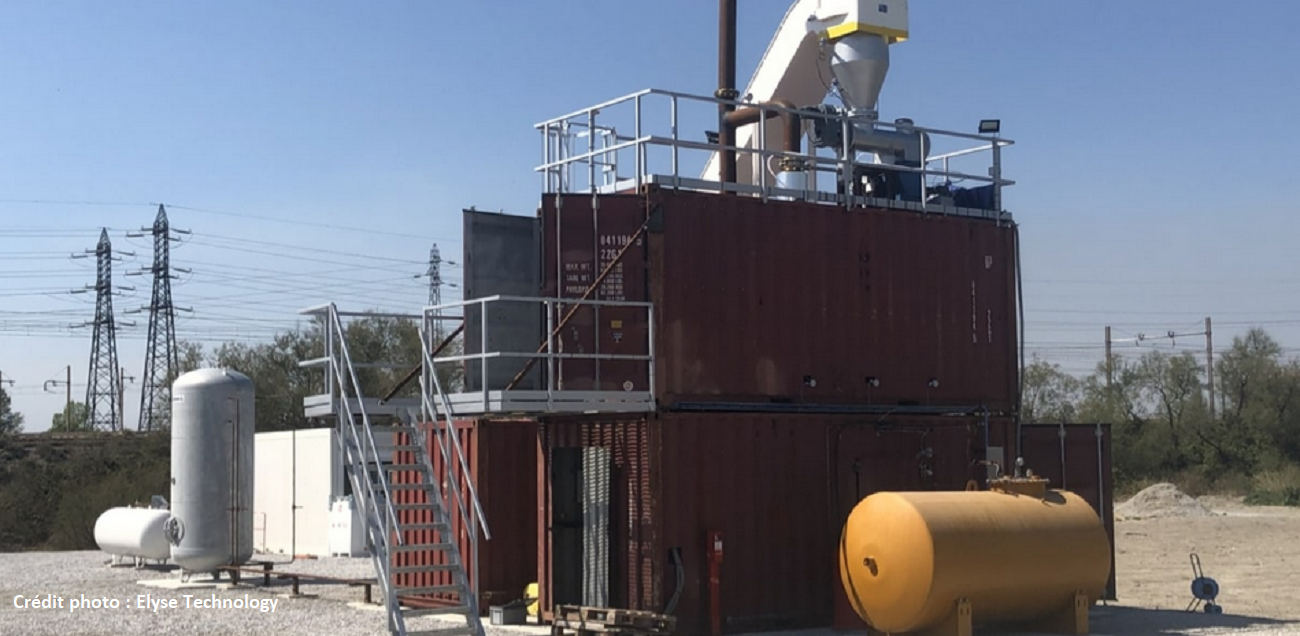
Jean-Paul Gourdin, ingénieur Arts et Métiers est directeur technique de la start-up Elyse Technology dont le défi est d’industrialiser une technologie de pyrogazéification, sous la forme d’une unité mobile.
L’équipe du FabLab de Cluny se mobilise pour des enseignants bénévoles

Le Fablab du campus de Cluny a répondu présent pour aider des enseignants bénévoles. Ces derniers donnent des cours de mathématiques aux enfants hospitalisés au Centre Léon Bérard spécialisé en cancérologie à Lyon. Comment l’équipe, composée de retraités et de membres du personnel du campus, a répondu à cette demande ?
